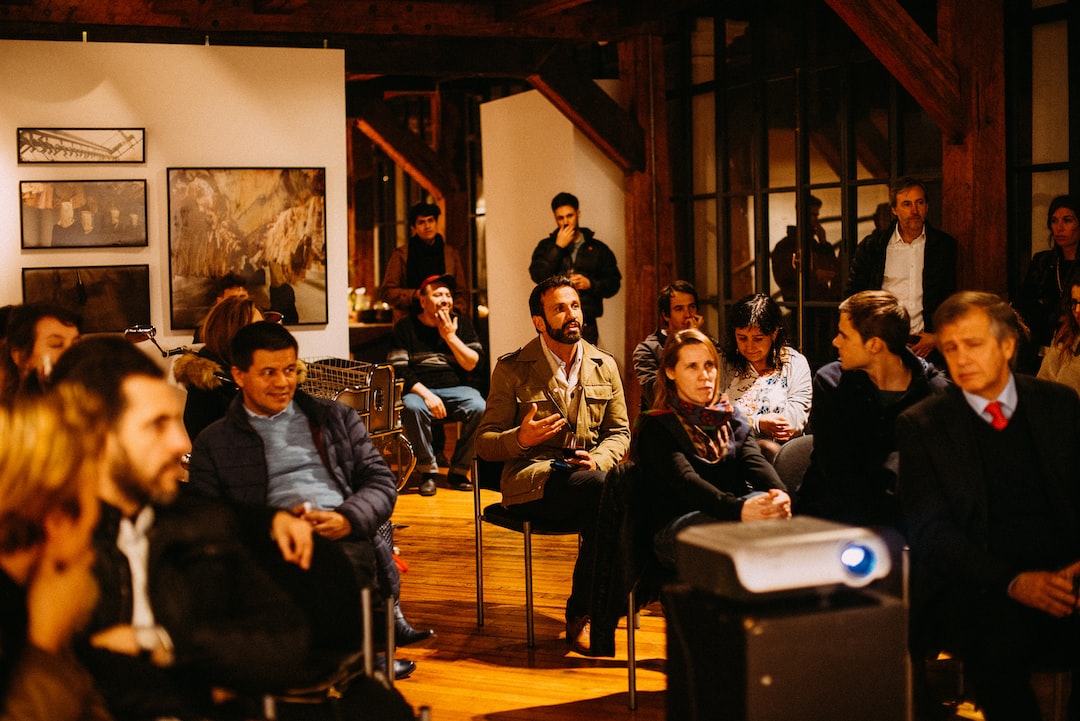Fostering Interfaith Dialogue: Building Religious Tolerance in Our Community
In today’s diverse and globalized world, it is imperative for individuals and communities to actively engage in interfaith dialogue to promote religious tolerance. The importance of understanding and respecting different religious beliefs and practices cannot be overstated; it is the foundation for peaceful coexistence and mutual understanding. By fostering interfaith dialogue, we can build bridges across religious divides and create an inclusive and harmonious community for everyone.
To start with, let us emphasize the significance of religious tolerance in our society. By definition, religious tolerance refers to the acceptance and respect for the beliefs and practices of others who may hold different religious beliefs. It is the fundamental principle that upholds freedom of religion and allows individuals to express and practice their faith without fear of discrimination or persecution. With religious diversity on the rise, fostering religious tolerance becomes increasingly vital to maintain social cohesion and prevent the marginalization of minority religious groups.
Interfaith dialogue serves as a platform for individuals of different faiths to come together and engage in meaningful conversations. It offers an opportunity for individuals to understand the perspectives, traditions, and values of others, promoting empathy and respect. Through such dialogue, stereotypes and misperceptions can be challenged and dispelled, leading to greater understanding and unity.
To foster interfaith dialogue effectively, it is crucial to create safe and welcoming spaces where people feel comfortable sharing their beliefs and experiences. Community centers, places of worship, and educational institutions can all serve as venues for interfaith dialogue events and activities. By organizing panel discussions, workshops, and cultural exchange programs, individuals from different religious backgrounds can come together and learn from one another.
Education plays a pivotal role in nurturing religious tolerance and interfaith dialogue. It is through education that we can break down walls of ignorance and build bridges of understanding. Schools and universities should incorporate religious education programs that not only teach the basics of different faiths but also encourage critical thinking and open discussions around religious diversity. By equipping students with knowledge and empathy, we can raise a generation that values religious tolerance and appreciates the beauty of cultural and religious diversity.
Furthermore, fostering interfaith dialogue requires the active participation of religious leaders and communities. Religious leaders have a unique role in shaping the attitudes and behaviors of their followers towards other faiths. By organizing joint prayer services, interfaith conferences, and social events, religious leaders can promote understanding and cooperation among their congregations. Moreover, they can collaborate on community service projects to address shared social issues, emphasizing the common values across different religions.
In addition to organized events, outreach efforts at an individual level can also contribute to fostering interfaith dialogue. Breaking down barriers starts with personal interactions. Take the initiative to engage in conversations with individuals from different faith backgrounds, whether at work, in your neighborhood, or during social gatherings. Ask questions, listen attentively, and embrace the opportunity to learn about different religious traditions firsthand. By engaging in respectful and genuine dialogue, we can build trust, dispel myths, and foster understanding.
When it comes to creating a community that embraces religious diversity, it is essential to remember that actions speak louder than words. Foster an inclusive environment by celebrating religious holidays and traditions that are not your own. Attend interfaith events and demonstrate solidarity and acceptance. Encourage your community leaders and local government officials to promote religious freedom and inclusion in all aspects of society, from public spaces to policies.
In conclusion, fostering interfaith dialogue is crucial for building religious tolerance in our community. By engaging in meaningful conversations, creating safe spaces, and promoting education and understanding, we can work towards breaking down religious barriers and fostering empathy and respect. It is through dialogue and cooperation that we can embrace and celebrate our religious diversity and create a truly inclusive society for all. Let us remember that religious tolerance is not a luxury but a necessity, as it is only through acceptance and mutual respect that we can forge a peaceful and thriving community.

